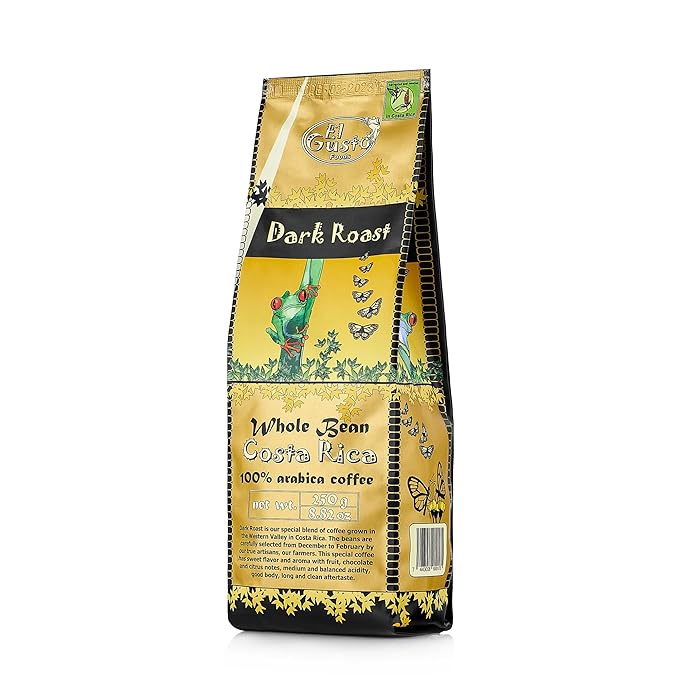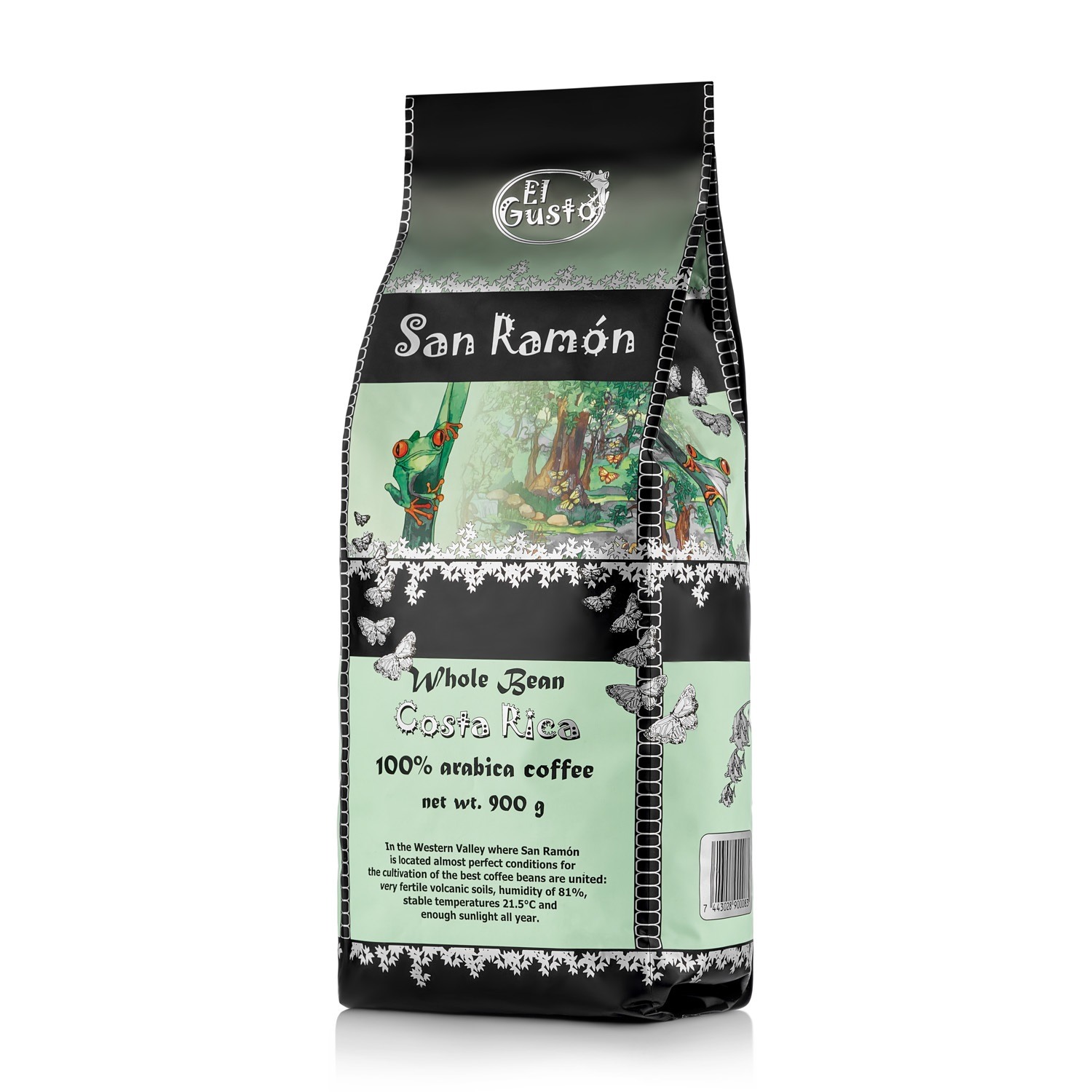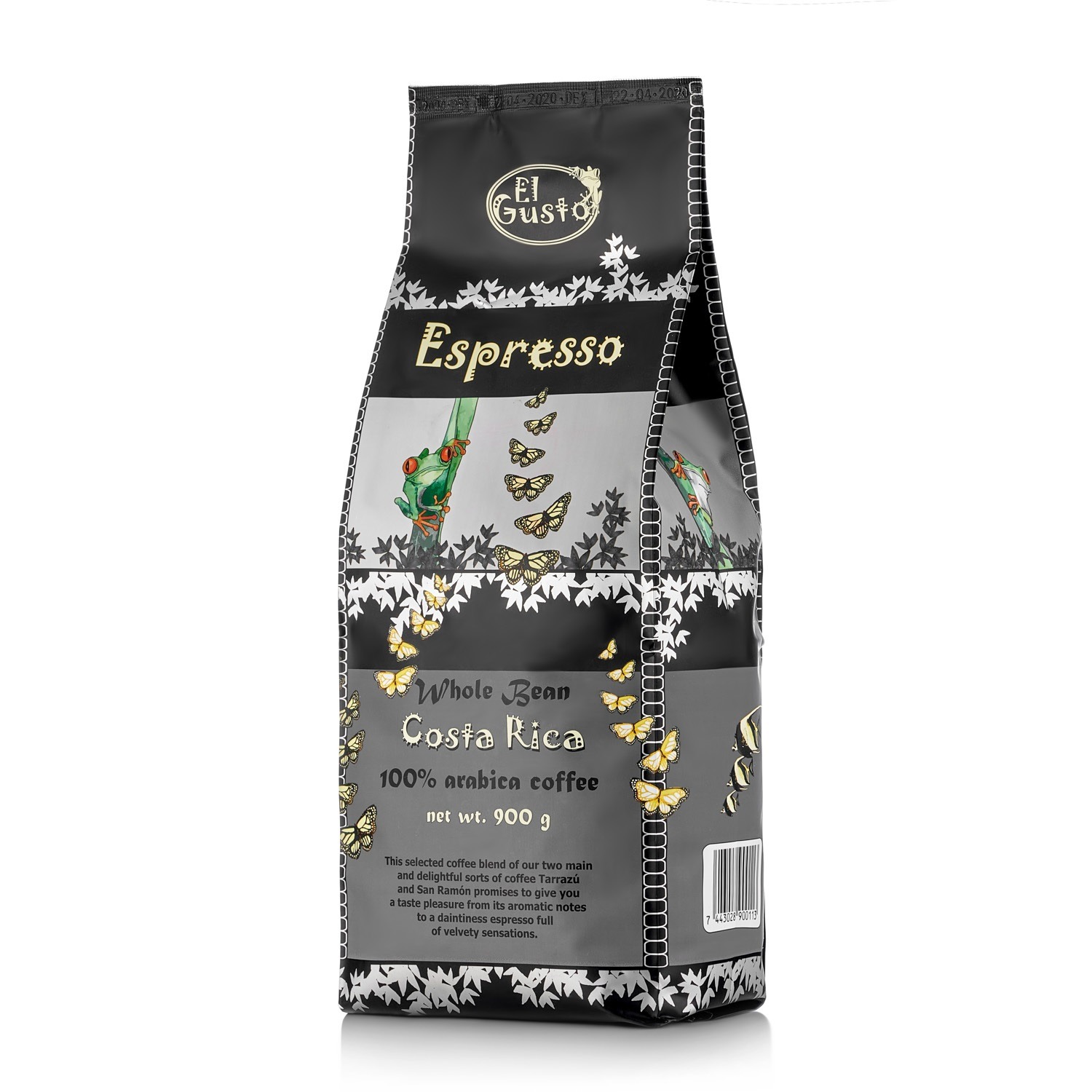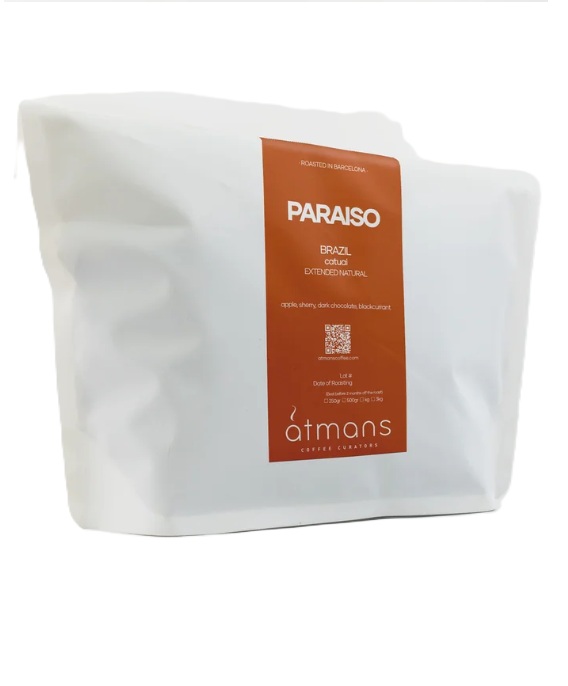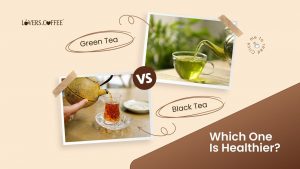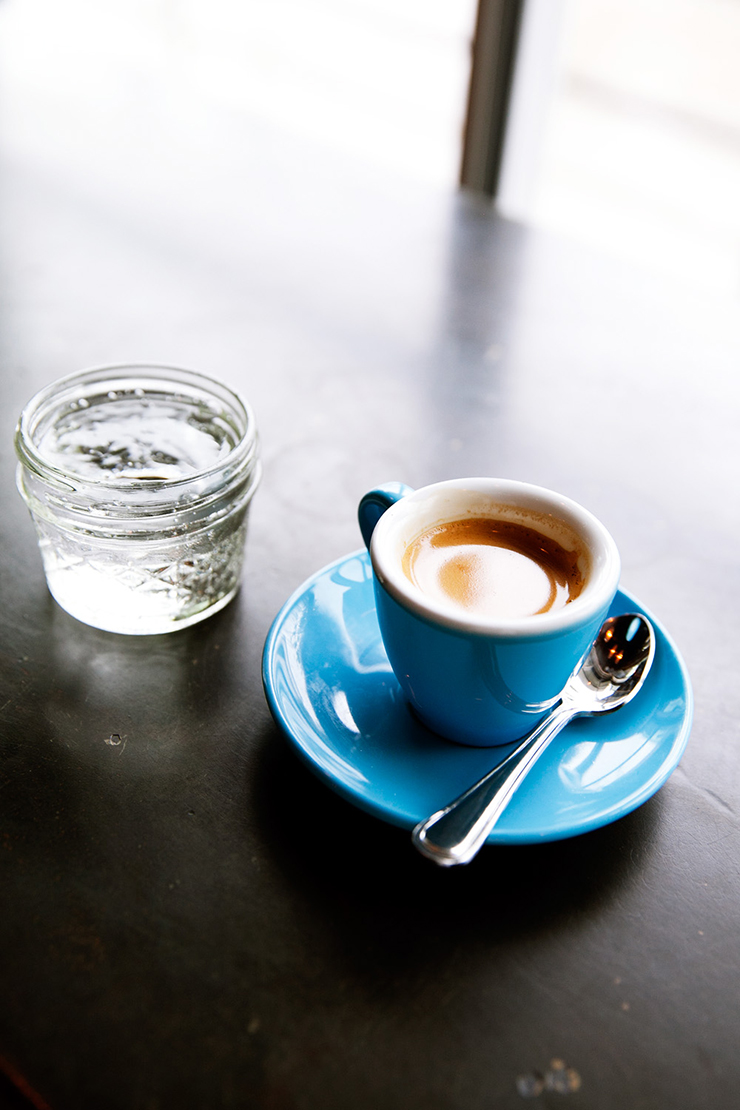
How Water Quality Impacts Coffee Taste
Table of Contents
- The Role of Water in Brewing Coffee
- Key Elements of Water Affecting Coffee Taste
- How Different Water Types Affect Coffee Flavor
- 1. Tap Water:
- 2. Filtered Water:
- 3. Distilled or Purified Water:
- 4. Bottled Spring Water:
- The Science of Water and Coffee Extraction
- How Minerals Influence Flavor Extraction
- Temperature Matters
- Testing and Adjusting Water Quality
- How to Test Your Water
- Improving Water for Coffee
- Regional Differences in Water Quality
- How to Brew Coffee with the Right Water
- Case Study: Coffee Brewers and Water Quality
- Why Water Matters for Specialty Coffee
- Final Tips for Coffee Enthusiasts
- Conclusion
How Water Quality Impacts Coffee Taste
- Adam Smith
- 21-01-2025
- 21-01-2025
- 1635 views
- Information

Coffee is a daily ritual for millions worldwide, and its flavor nuances can elevate a morning brew to an unforgettable experience. While coffee beans, grind size, and brewing methods often steal the spotlight, water quality is the unsung hero (or culprit) that significantly impacts coffee taste. Since coffee is 98% water, even subtle changes in water chemistry can dramatically alter its flavor. This blog delves into how water quality influences your coffee, what to look out for, and how to achieve the perfect cup.
The Role of Water in Brewing Coffee
Water doesn’t just dissolve coffee grounds; it extracts soluble compounds like acids, oils, and sugars, which create the unique flavors of your brew. Its mineral composition, pH level, and temperature determine how effectively it extracts these compounds.
Key Elements of Water Affecting Coffee Taste
- Hardness (Mineral Content):
- Hard water, rich in calcium and magnesium, can overpower subtle coffee flavors, leaving it flat or dull.
- Soft water, lacking in minerals, may lead to over-extraction, resulting in a bitter brew.
- pH Level:
- The ideal pH for brewing coffee is around 7 (neutral) or slightly below, leaning toward mildly acidic. Extremely acidic or alkaline water can disrupt flavor balance.
- TDS (Total Dissolved Solids):
- TDS measures the total concentration of dissolved minerals. The Specialty Coffee Association (SCA) recommends a TDS level of 150 ppm for optimal brewing.
- Chlorine and Other Additives:
- Chlorine, often used in municipal water systems, can impart chemical or metallic off-flavors to your coffee.
How Different Water Types Affect Coffee Flavor
1. Tap Water:
- Contains varying mineral content depending on your location.
- May have chlorine or other treatments that alter flavor.
2. Filtered Water:
- Removes impurities like chlorine while retaining some beneficial minerals.
- Offers a cleaner flavor profile with balanced extraction.
3. Distilled or Purified Water:
- Contains no minerals, leading to under-extracted coffee.
- May taste weak or overly acidic.
4. Bottled Spring Water:
- Often ideal for coffee brewing due to balanced mineral content.
The Science of Water and Coffee Extraction
How Minerals Influence Flavor Extraction
- Magnesium extracts fruity and sweet compounds.
- Calcium enhances acidity and clarity.
- A lack of minerals (in distilled water) results in over-extraction, where bitter compounds dominate the cup.
Temperature Matters
Water temperature between 195°F and 205°F (90°C to 96°C) ensures optimal extraction. Too hot, and you risk bitterness; too cool, and your coffee may taste weak or sour.
Testing and Adjusting Water Quality
How to Test Your Water
- Use water test kits to check pH, hardness, and TDS.
- Invest in a TDS meter for precise measurements.
Improving Water for Coffee
- Filtration Systems:
- Activated carbon filters remove chlorine and sediments.
- Reverse osmosis systems offer deeper purification.
- Mineral Additives:
- Products like Third Wave Water allow you to add balanced minerals to distilled water for optimal brewing.
- Bottled Options:
- Use bottled water with known mineral content if your tap water isn’t ideal.
Regional Differences in Water Quality
Water quality varies dramatically by region, which is why coffee may taste different when brewed with the same beans but in different locations. Cities like London (hard water) and Seattle (soft water) exemplify how geography influences water chemistry and, consequently, coffee flavor.
How to Brew Coffee with the Right Water
- Start with Filtered Water:
If your tap water is chlorinated or too hard, use a filtration system. - Adjust Mineral Content:
Add mineral packets to distilled water if needed. - Monitor Temperature:
Use a thermometer or a coffee maker designed to maintain optimal brewing temperatures. - Experiment:
Brew the same coffee with different water types to notice how flavors vary.
Case Study: Coffee Brewers and Water Quality
High-end coffee shops use specialized filtration systems to ensure consistent water quality, allowing them to showcase their beans’ full potential. Brands like Starbucks even standardize their water across locations to deliver uniform taste globally.
Why Water Matters for Specialty Coffee
For coffee connoisseurs, achieving the perfect balance of water chemistry is as crucial as choosing quality beans. Water quality is particularly vital for specialty coffee, where delicate flavor notes can be muted or exaggerated by improper brewing water.
Final Tips for Coffee Enthusiasts
- Test your water quality if you’re serious about brewing better coffee.
- Invest in a good filtration system for consistent results.
- Don’t overlook water temperature—it’s just as crucial as mineral content.
- Experiment with bottled or mineralized water to find what suits your taste.
Conclusion
Water quality is often overlooked in the coffee-making process, yet it’s a critical factor in unlocking the full potential of your brew. Whether you’re a casual drinker or a passionate enthusiast, paying attention to your water can transform your coffee experience from ordinary to extraordinary.








